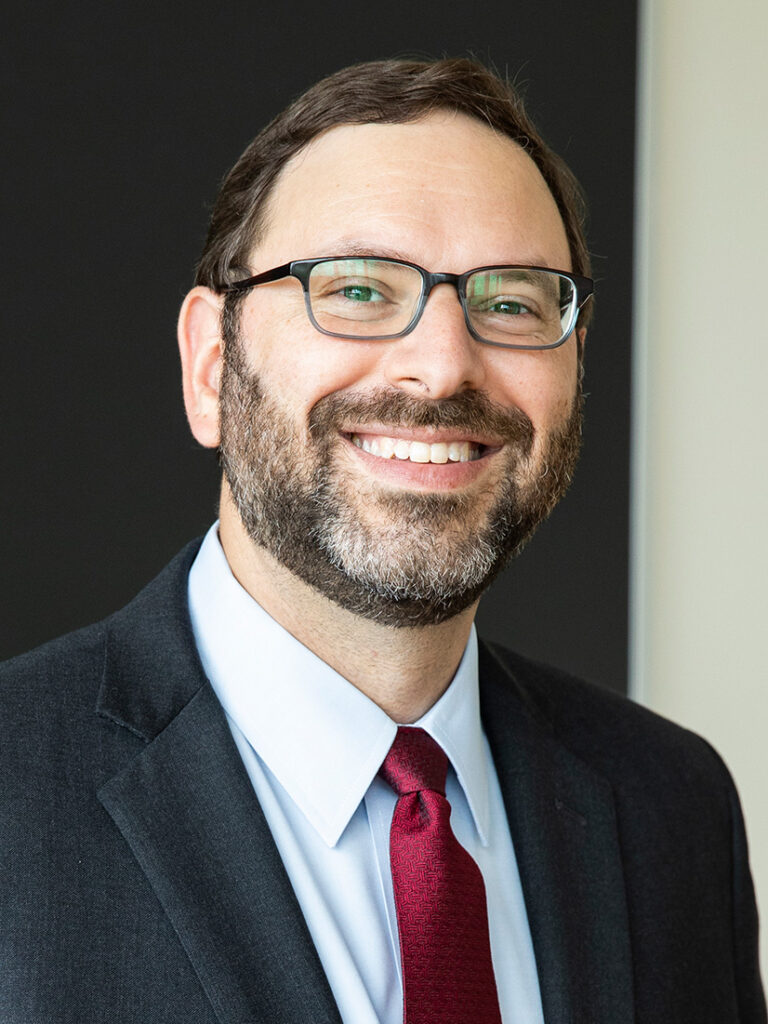Treason, Schmeason: While thinking about the case of Jose Padilla, the U.S. citizen classified as an “enemy combatant” by the Bush administration, I started to examine the limits placed by the U.S. Constitution on the crime of treason. The Article III, sec. 3 definition of treason reads as follows:
c. 1. Treason against the United States, shall consist only in levying War against them, or in adhering to their Enemies, giving them Aid and Comfort. No Person shall be convicted of Treason unless on the Testimony of two Witnesses to the same overt Act, or on Confession in open Court.
c. 2. The Congress shall have Power to declare the Punishment of Treason, but no Attainder of Treason shall work Corruption of Blood, or Forfeiture except during the Life of the Person attainted.
These provisions were clearly intended to limit the power of the new government to punish political offenses, compared to contemporary abuses in England. But suppose that Congress were to establish a new crime called “schmeason,” which consists in exactly the same conduct as treason and carries exactly the same penalties. Thus, schmeason would serve as a perfect substitute for treason from a prosecutor’s perspective. Does the Constitution, then, require a confession or the testimony of two witnesses before the defendant’s conduct is judged to be schmeasonous? And could forfeiture or Corruption of Blood result from an Attainder of Schmeason?
For those committed to an “original intent” view of constitutional interpretation, it would seem that Congress can’t evade the intent of the founders simply by changing the name of the crime. It’s a purely linguistic change, which can’t expand the power of Congress beyond what the Constitution offers. For example, in the Bill of Rights, could Congress escape the Fifth Amendment prohibition of double jeopardy by creating a dozen identical offenses to cover each fact pattern (so that no one would be accused of “the same offense” twice)? Or could it make an end run around the Third Amendment protections against quartering soldiers in peacetime by creating a new category of non-soldier “civil defense personnel”? Surely Congress should not be able to amend the Constitution simply by choosing its language with care. And surely whatever purpose the founders might have had in restricting the penalties and procedures of a treason conviction would be entirely vitiated by a law against schmeason.
Yet consider what the result would be if the new crime had instead been called “enemy-combatant-ness.” The case of Jose Padilla, a U.S. citizen arrested on U.S. soil and held by the military as an enemy combatant, makes this question no longer academic. The constitutional description of treason is exactly what Padilla is accused of doing — levying war against the United States, or adhering to its enemies, giving them aid and comfort. In fact, this conduct seems to be the very definition of an enemy combatant. How, then, could it be constitutional to try or imprison Padilla without the testimony of two witnesses, or a confession in open court?
When I raised this issue with Josh Chafetz last Friday night (a discussion far less exciting, perhaps, than our earlier musings on <a href="http://stevesachs.blogspot.com/2004_03_07_stevesachs_archive.html#107905598871781449
“>pornography, prostitution, and asset valuation), he argued that Congress could create a separate crime of schmeason, and that other crimes–say, espionage–might cover similar fact patterns but lack treason’s protections. Under the English common law, treason was an extraordinary crime, with connotations far beyond those of a run-of-the-mill felony. That’s the reason why the penalty clause prohibits the use of “Corruption of Blood” or forfeiture of the family’s possessions. Thus, the framers might have had reason to limit the applicability of this terrible crime, without necessarily intending to prevent Congress from punishing similar acts by other means.
I don’t necessarily subscribe to an original intent interpretation, nor am I an expert on the treason clause. But the two strands of argument seem to be in tension to me, and given that most supporters of original intent tend to be more conservative (and thus generally more likely to support a Republican administration’s policies), I’d be interested in learning if anyone has addressed the conflict head on.
(One further issue — the Article III definition includes “adhering to their Enemies,” where “their” refers to the enemies of the United States. This raises a further question, which as far as I know has not been tested: what’s an enemy? What if I give aid and comfort to friends of the U.S. — say, agents of the government of Pakistan, which (albeit repressive) has been designated a “major non-NATO ally“? I might still be guilty of other crimes, such as espionage, but presumably I wouldn’t be guilty of treason. It seems, then, that a reasonable person may not be able to determine whether a given country is an enemy of the U.S. — especially if, for example, our government is secretly attempting to undermine a government with which it publicly claims good relations. Does the specification of “Enemies” here carry any legal meaning? And if it does, and a reasonable person cannot tell whether certain conduct would fit the definition, can a crime explicitly defined by the Constitution turn out to be unconstitutionally vague?)
